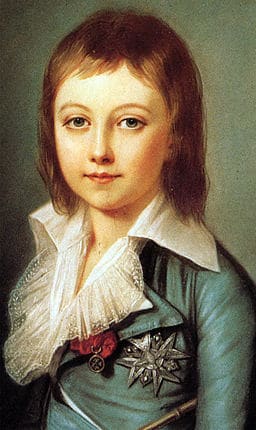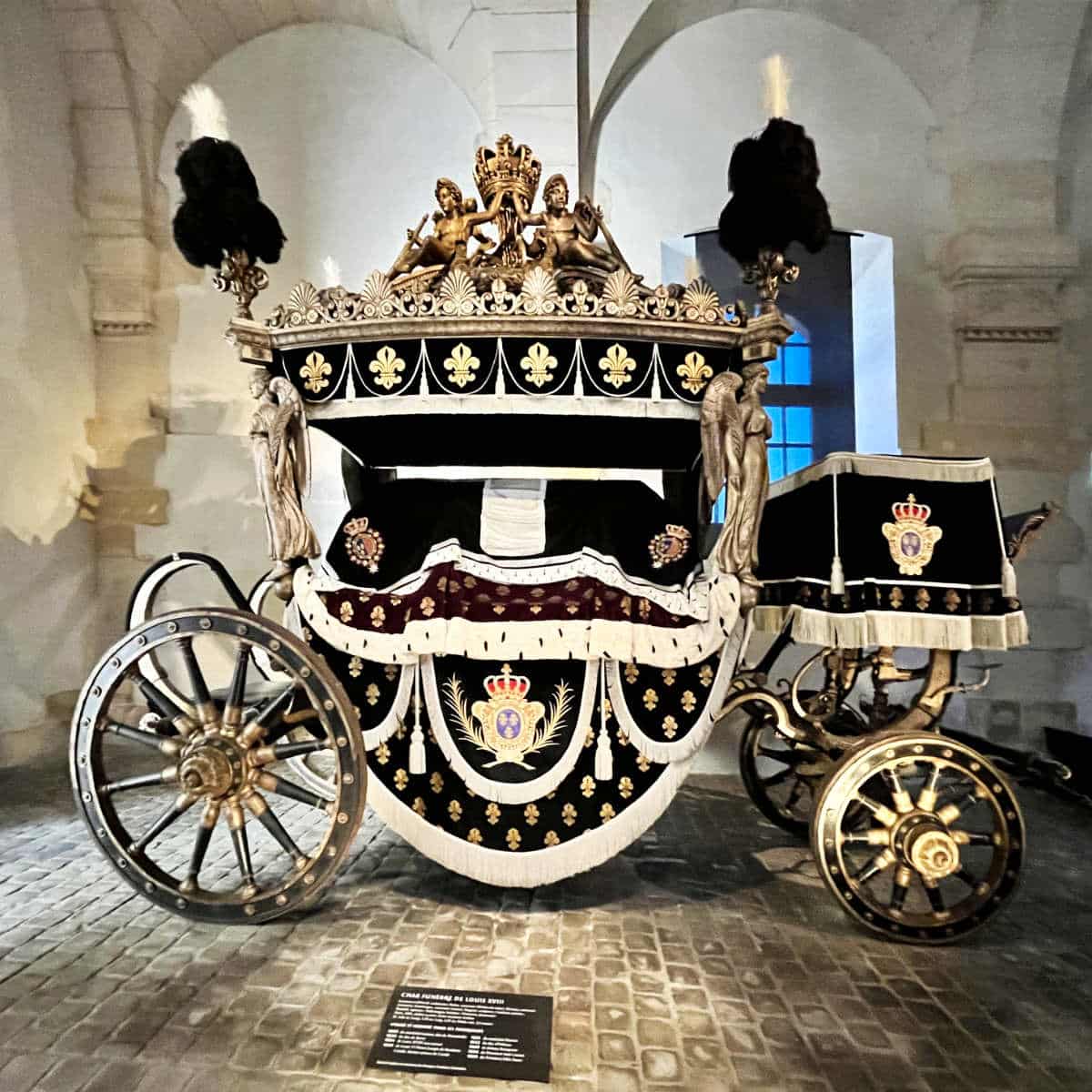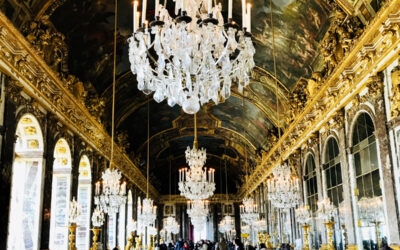France may be a democracy and a republic today, but that doesn’t mean that there aren’t a few pretenders to the French throne.
It all started after the French Revolution of 1789, which was not quite as straightforward as you might think. Indeed, there were several revolutions, with the monarchy restored several times by different rulers, leaving many different descendants today as claimants to the throne.
So let’s take a look at who’s who in the French royal family today and their different claims to the throne of France, shall we? Allons-y!
Who is the rightful heir?
At the time of the revolution in 1789, France was ruled by King Louis XVI and his wife Queen Marie-Antoinette as part of what was called the House of Capet. They were soon put to death and the monarchy in France was abolished in 1792.
Their 10-year-old son Louis XVII disappeared, presumed murdered. In addition, their daughter died in exile and was never able to have children, leaving their direct line extinct.

A few short years after the revolution, a guy named Napoleon Bonaparte seized power declared himself Emperor in 1804 for the House of Bonaparte.
After Napoleon was defeated, the monarchy was restored in 1814, with the brothers of the former King Louis XIV on the throne as Louis XVIII and Charles X, respectively.
This was called the Bourbon restoration, as they were part of the senior Bourbon branch of the House of Capet. But Charles X was forced to abdicate in 1830, with a transition of power to his cousin Louis Philippe I, who was part of the cadet branch House of Orleans.
In case you are confused, here is a brief summary:
Timeline
- 1789: French Revolution and overthrow of King Louis XVI and Marie-Antoinette (House of Capet, senior branch Bourbon).
- 1804: Napoleon declares himself emperor
- 1814: Restoration of Capet monarchy with King Louis XVIII and Charles X (House of Bourbon).
- 1830: Transition to cadet Capetian branch, King Louis Philippe I (House of Orleans).
- 1848 Revolution: Napoleon III (House of Bonaparte) elected French President of 2nd Republic.
- 1852: Coup d’état with Napoleon III declaring himself Emperor.
- 1870: Franco-Prussian War, and monarchy abolished.
Eventually King Louis Philippe I was too forced to abdicate, with Napoleon Bonaparte’s nephew Emperor Napoleon III seizing the throne and declaring himself emperor in 1852. In turn Napoleon III had to abdicate after the Franco-Prussian war of 1870, and was the last official King of France.
Since then, the descendants of the Bonapartes claim the throne, along with the various branches of the House of Capet (known as the Bourbons, Orleans and Valois) who all claim their rights supersede those of the Bonapartes.
1. House of Bourbon – Louis Alphonse
The oldest claim to the French throne comes Louis Alphonse, Duke of Anjou as part of the Royal House of Bourbon-Two Sicilies. He is a descended from the Spanish Bourbons, as a descendent of the Sun King Louis XIV who ruled France from 1643 to 1715 (decades before the 1789 revolution).
Louis Alphonse himself is a cousin of the current King Felipe VI of Spain and is considered by the Legitimist faction of French royalists to be the rightful heir to the French crown.
Today, Louis Alphonse is a businessman who uses the title Duke of Anjou. His assertion that he is the legitimate heir, depends on the fact his claim predates any of revolutions.
2. House of Bonaparte – Jean-Christophe Napoléon
Another current pretender to the French throne is Jean-Christophe, Prince Napoléon who is recognized as the legitimate heir to the French throne by the Bonapartist faction of French royalists.
Descended from the Bonaparte family, his claim is an indirect one. Both Napoleon Bonaparte nor his nephew Emperor Napoleon III lost their children at a young age, but the elder Napoleon was one of 8 children leading to a large extended family.
The current head Jean-Christophe is a businessman and has also been active in promoting his claim to the throne. His claim to the French throne is recognized by the Bonapartist faction to be the rightful heir to the French crown.
In keeping with family tradition, he got married in 2019 to Olympia, the great-granddaughter of Karl I of the Austrian Habsburgs at the Invalides in Paris.
3. House of Orleans – Jean d’Orléans, Count of Paris
Finally, there is Jean d’Orléans, Count of Paris, who is a descendant of King Louis-Philippe I, the last Capetian King, right before the Bonapartes.
The House of Orléans is famously well-known in France, with one of the its more recent members, Henri d’Orléans, who restored the gorgeous Château de Chantilly by funding it out of his own pocket.
Henri d’Orléans was the 5th son of King Louis-Philippe I and he inherited several of the royal French châteaux from his godfather, the Prince of Condé.
Having no direct descendants, he died in 1897 and left the castles to the French Republique with the caveat that the property would never be altered and run by Saint Louis Foundation.
The current claimant, Jean d’Orléans, Count of Paris descends from Henri’s extended family and is a former army officer turned businessman. As part of the house of Orléans, he is currently suing for €1m in damages and and requesting the return of five properties, including Château d’Amboise in the Loire Valley.
Jean and his family had previously lived in the château from 2001 to September 2021 (rent-free), but were evicted after a demand he pay rent, which Jean viewed as a violation of the contract his ancestor had made.

I should note that France is a republic, and these pretenders and their respective factions have no political power and their claims are mostly symbolic. None of the claimants are actively seeking to return to the throne, and instead focus on the cultural preservation of France’s monuments and royal legacy.
If you enjoyed that article, you may like to read more about the history of France. A bientôt!




